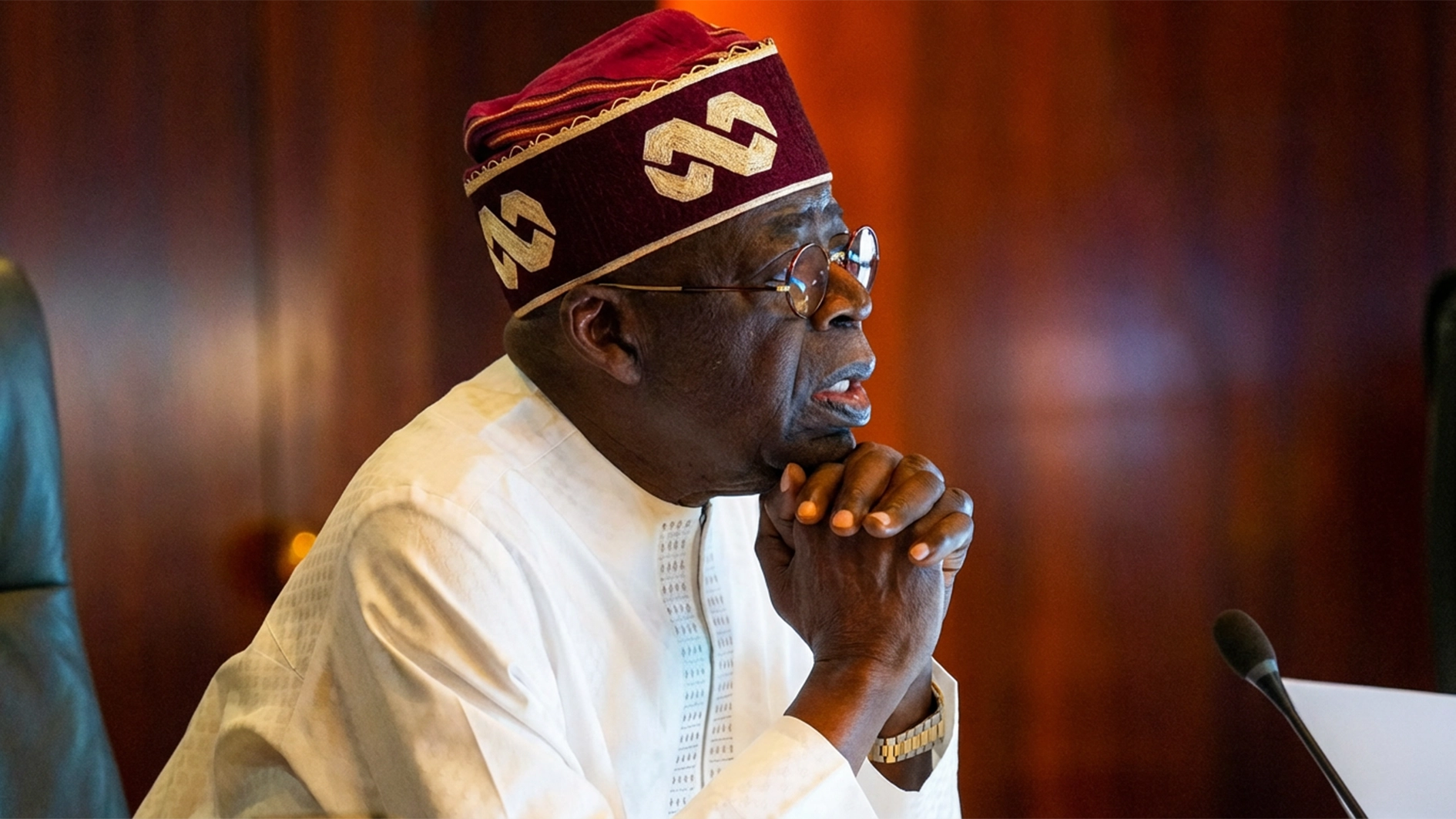SIR: The appointment of Dr Bernard Doro to lead the Ministry of Humanitarian Affairs and Poverty Reduction came at a moment of both political scandal and profound national need. With the North-East still reeling from insurgency, the North-Central plagued by farmer-herder conflicts, and climate shocks displacing hundreds of thousands yearly, the Minister inherits a crisis portfolio demanding not just money, but a total overhaul of the aid system.
Doro, a technocrat with a diverse background spanning the UK’s National Health Service, law, and business strategy, has not shied away from this challenge, immediately signaling a pivotal ideological shift: transforming the ministry’s mandate from short-term charitable reaction to long-term systemic prevention.
Doro’s central philosophy, clearly articulated upon assuming office, is that the humanitarian response must be viewed not as “charity, but as a right and a responsibility of the government.” This sentiment is the necessary corrective to the culture of opacity that crippled the ministry’s previous incarnation.
His focus is uncompromisingly on transparency, accountability, and measurable impact, utilising technology to eliminate duplication and ensure aid reaches the intended demographic. In Nigeria, where aid budgets have historically been synonymous with graft, Doro’s pledge to build an efficient, people-centred humanitarian ecosystem is perhaps his most critical intervention yet.
The crisis in Nigeria is multi-dimensional, demanding a regional approach that addresses the unique drivers of vulnerability. Doro’s strategy cleverly connects the chronic humanitarian emergency to its root cause: multi-dimensional poverty. His argument is persuasive: if poverty is tackled effectively, conflict drivers weaken, and crises subside.
For regions like the North-Central, which suffer from sustained farmer-herder clashes and resource competition, the Minister has already indicated a strategic focus on his home state, Plateau, as a “model state for inclusive humanitarian action.” This is a critical regional intervention that pivots from merely housing displaced persons (IDPs) to actively restoring their livelihoods and dignity.
This strategy emphasises accountability for every displaced person while linking support to skills and opportunity. The proposed “Skill to Wealth Initiative,” which targets vocational development and start-up capital, is the economic engine behind this regional focus.
By providing practical skills in areas like solar technology and agriculture, the ministry aims to create economic resilience among vulnerable youths and IDPs, offering a sustainable alternative to the violence and unemployment that fuel regional instability.
This move, transforms aid recipients into economic agents, stabilising communities from the bottom up—a necessary step for long-term peace in the conflict-ridden middle belt.
While the North-Central needs livelihood restoration, the extensive, decades-old conflict in the North-East (the BAY states) requires massive policy harmonisation and coordination. Here, Doro’s intervention is institutional: strengthening the capacity of the Refugee Commission and establishing a National Council on Humanitarian Affairs and Poverty Reduction.
Doro’s move to establish a robust governance framework acknowledges that without a unified national platform, the long-term goal of localisation—transitioning leadership to Nigerian institutions—remains impossible. By forcing synergy and coordination through policy, Doro is addressing the structural decay that plagued the relief efforts across the North-East.
Doro’s vision—leveraging his clinical precision and systems thinking to create a transparent, poverty-focused humanitarian ecosystem—is undeniably what Nigeria requires. It is an acknowledgment that short-term food distribution must always be tied to the long-term goal of social mobility, underpinned by the national social register.
However, the chasm between policy and implementation in Nigeria is vast. The success of his mission hinges entirely on two factors: the political willpower to maintain full transparency despite entrenched interests, and the bureaucratic capacity to execute complex, skill-based poverty alleviation schemes at the scale needed across regions like the North-West and the North-East, where millions face acute hunger right now. Doro’s new doctrine is a bold, necessary move toward institutionalising hope, but the coming months will test whether technocratic reform can outpace the relentless speed of Nigeria’s humanitarian disaster.
Kennedy Elaigwu Awodi wrote from North Carolina, USA.
Email: awodikenoutlook.com






